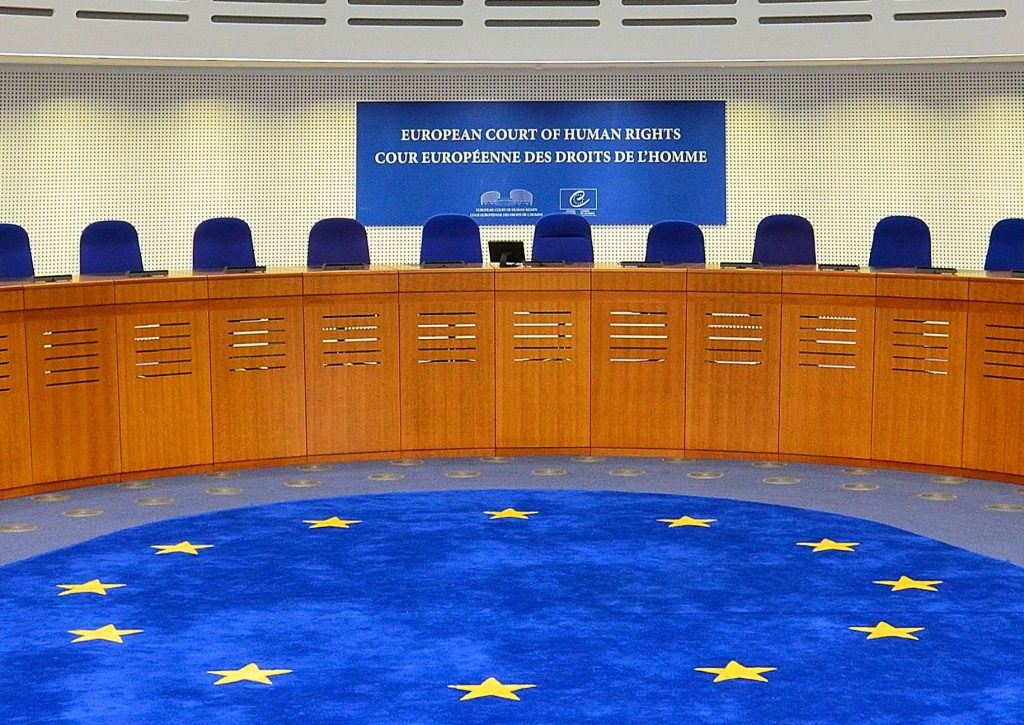EU citizenship and the rights that it offers have been in the spotlight from the very start of the European Union (EU).
Being described by many as one of the foundation stones of the European integration, EU citizenship is considered as one of the building blocks of the EU. EU citizenship is important as it not only expands the boundaries that come with national citizenship, but it also helps to redefine the European political realities.
The concept underwent major developments which are stated in various treaties such as the Treaty of Maastricht, the Amsterdam Treaty, the Treaty on the Functioning of the European Union and the Lisbon Treaty.
One of the most important rights implies that every person holding the nationality of an EU member state is automatically considered an EU citizen, inferring also that EU citizenship does not substitute national citizenship. Other important rights include the right of EU citizens to move, reside, study and work anywhere in the EU. In particular, freedom of movement of EU citizens and their families was established in the Maastricht Treaty and listed in the European Parliament and the Council Directive 2004/38/EC. This Directive is important as it establishes the conditions and restrictions for acquisition of the right of permanent residence based on security, public health and public policy.
The improvement of the above mentioned Treaties have brought about the strengthening of further rights such as non-discrimination on the basis of nationality; to vote for and stand as a candidate in the EU Parliament and municipal elections; to receive the necessary healthcare; to benefit from the highest food safety standards in the world; the protection of vulnerable people; improved passengers’ rights, advancement related to telecoms, enhanced rights for crime victims’ and a fair trial; information and guidance directly from the EU Institutions; protection offered by the consular and diplomatic authorities within the European Union; to petition the EU Parliament and file complaints to the EU Ombudsman; to have access to EU Civil Service; and documents from both the EU Commission and the Council amongst others.

In 2009, the Lisbon Treaty gave full legal effect to the Charter of Fundamental Rights of the European Union, which protects the rights of those holding EU citizenship. The same Charter initiated the right of entry and residence for family members of Union citizens, including same-sex spouses or partners.
Article 18 TFEU and Article 21(2) of the Charter of Fundamental Rights prohibits discrimination on grounds of nationality within the application of the Treaties. The rights in the Charter are listed under six main headings being: Dignity, Freedom, Equality, Solidarity, Citizens' rights and Justice.
Another important right for EU citizens is the right to petition the European Union’s Ombudsman. The European Ombudsman investigates complaints about poor administration by EU institutions or other EU bodies. These may be lodged by citizens or residents of EU countries or by EU-based associations or businesses.